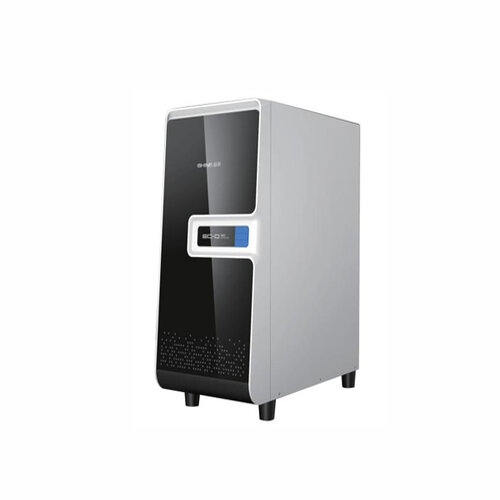An Electrochemical Detector (ECD) is a highly sensitive detector used in liquid chromatography systems such as Ion Chromatography (IC) and High-Performance Liquid Chromatography (HPLC). It operates by measuring the current generated when target analytes undergo oxidation or reduction at the surface of an electrode. This makes it ideal for analyzing electroactive substances such as sugars, amino acids, neurotransmitters, phenols, and vitamins. The ECD is widely used in pharmaceutical research, clinical diagnostics, environmental testing, food safety, and biochemical studies, where ultra-low detection limits and high selectivity are required.
Feature of Electrochemical Detector
-
High sensitivity with detection limits down to picomolar levels
-
Multiple modes: Amperometric, Coulometric, or Voltammetric
-
Wide potential range (typically ±2.0 V)
-
Electrode flexibility: Glassy carbon, platinum, gold, silver
-
Low baseline noise and high stability
-
Programmable waveform and potential control
-
Compact flow cell for high-efficiency detection
-
Temperature-controlled cell option for improved reproducibility
-
Digital and analog data outputs for system integration
-
Compatible with major IC/HPLC platforms



There are no reviews yet.